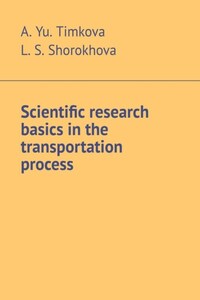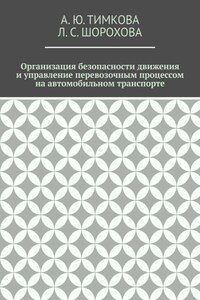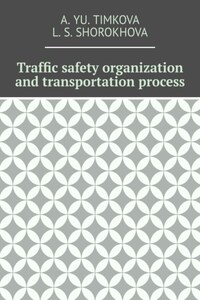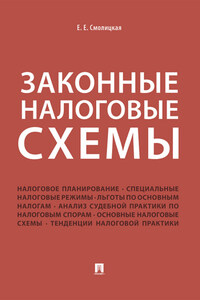1.1 The concept of science
The main tasks of science include:
1) the discovery of the laws of motion of nature, society, thinking and knowledge;
2) collection, analysis, generalization of facts;
3) systematization of acquired knowledge;
4) explanation of the essence of phenomena and processes;
5) forecasting events, phenomena and processes;
6) establishment of directions and forms of practical use of acquired knowledge.
Being integral to the practical way of mastering the world, science as the production of knowledge is a very specific form of activity, different from both activity in the sphere of material production and other types of spiritual activity.
If in material production knowledge is used only as an ideal means, then in science its obtaining forms the main and immediate goal, regardless of the form in which this goal is embodied – whether in the form of a theoretical description, a scheme of a technological process, a summary of experimental data or a formula of what kind. – or a drug. Unlike types of activity, the result of which is often known in advance or set before the start of activity, scientific activity is rightfully called such only insofar as it gives an increment to new knowledge, i.e. its result is fundamentally unconventional. That is why science acts as a force that constantly revolutionizes other activities.
From the aesthetic (artistic) way of mastering reality, the bearer of which is art, science is distinguished by the desire for impersonal, maximally generalized objective knowledge, while in art the results of artistic knowledge are inseparable from an individually unique personal element. Often, art is characterized as «thinking in images», and science – as «thinking in concepts», with the aim of emphasizing that the former develops mainly the sensual-imaginative side of a person’s creative ability, while science develops mainly the intellectual-conceptual one. However, these differences do not mean an impenetrable line between science and art, which are united by a creatively cognitive attitude to reality. On the one hand, in the constructions of science, in particular in the construction of a theory, in a mathematical formula, in the scheme of an experiment or its idea, the aesthetic element often plays a significant role, which was specially noted by many scientists. On the other hand, works of art carry, in addition to aesthetic, and cognitive load.











